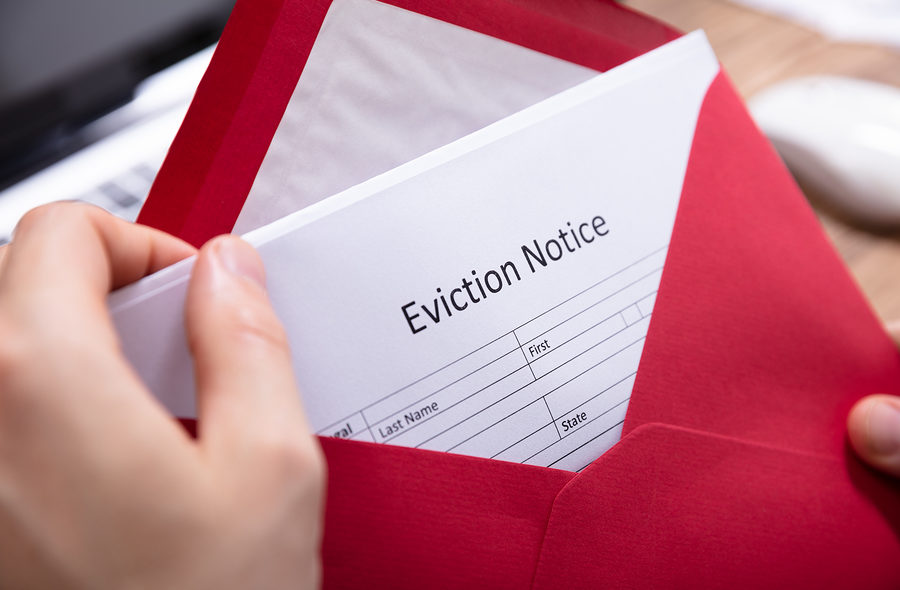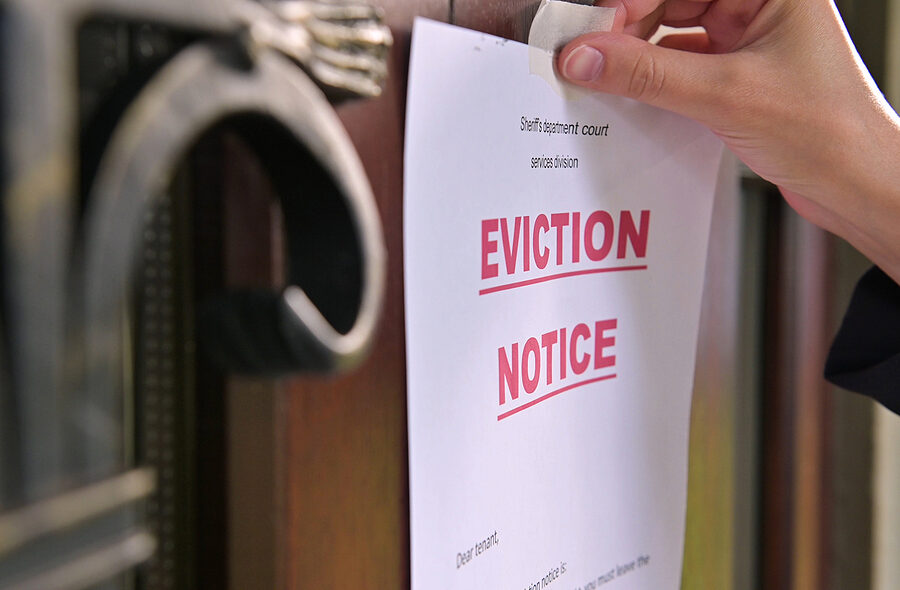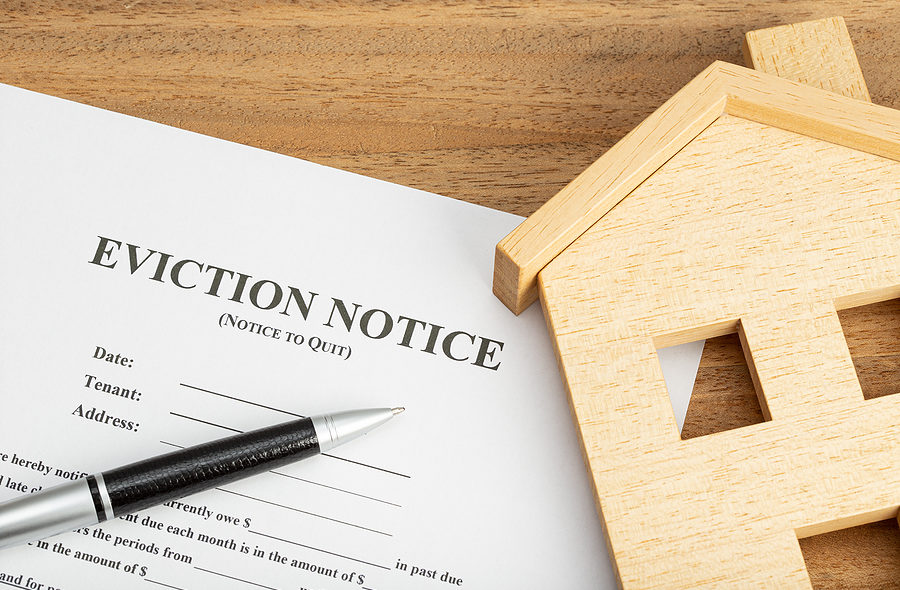Homeowners throughout the country have struggled with staying afloat and remaining in their homes during the COVID-19 pandemic. With no immediate end in sight to the pandemic, it appears as if that problem will continue, especially those in the 55 and older age group.
The U.S. Census Bureau reviewed household statistics through its biweekly Household Pulse Survey to see how homeowners are faring with remaining current on their mortgage obligations. Their most recent study covered the period of September 1 through September 13, 2021. According to the Census Bureau, 1.7 million homeowners ages 55 or older were reportedly behind on their mortgage payments. Of these 1.7 million homeowners, 277,000 of them said that the possibility of facing foreclosure was likely or very likely for them.







